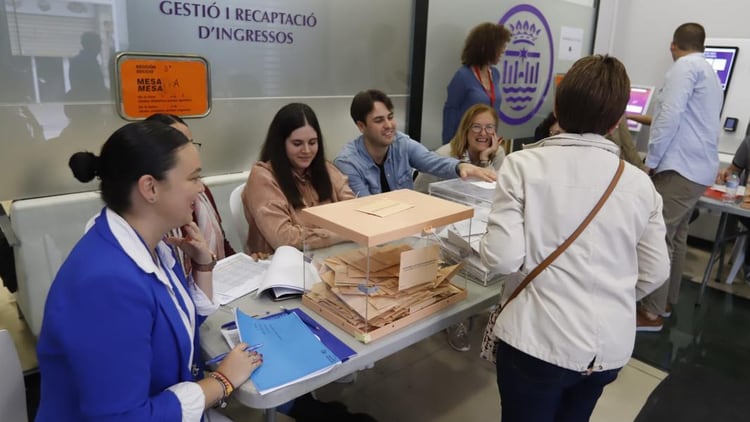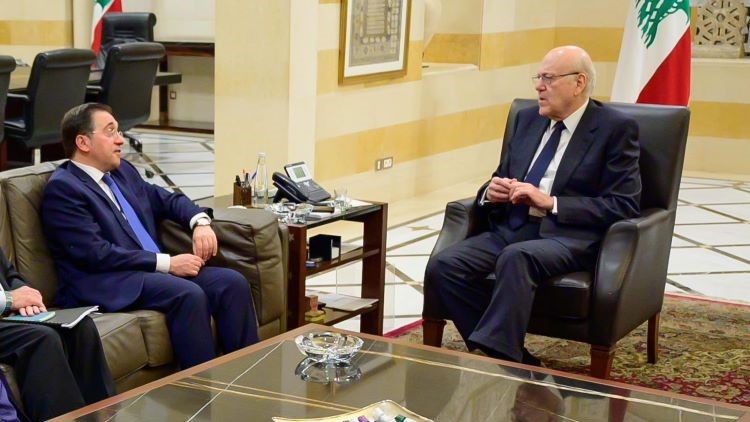The Diplomat
The European External Action Service published yesterday its second report on foreign interference and manipulation in which it compiles numerous cases identified by its services and in which it warns of possible threats in the face of the European elections of June 6 to 9, after collecting various incidents recorded in the general elections of July 23 in Spain.
In general terms, the EU detected 750 cases of foreign manipulation and interference during 2023, this is almost double the number of cases than the previous year also partly due to the implementation of a common framework to study and collect evidence of these incidents, Europa Press reports.
By country, Ukraine suffered 160 recorded cases of foreign interference, while the United States followed with 58. Poland, 33, Germany, 31, and France, 25, were the most affected EU Member States, with Spain recording fewer than 15. Regarding cases against institutions, the EU was the target of 19% of interference against organizations, followed by NATO (15%) and the Ukrainian Armed Forces (14%), although media and news agencies also suffered. attacks.
European diplomacy points out different types of threats related to manipulation in an electoral context. To begin with, evil actors may want to control information and set the agenda during the electoral period, through tactics to discredit the media, highlights the report, which emphasizes attempts to limit participation by promoting abstention or promoting a null vote with misleading information.
Another incident identified by the EU is the attempt to polarize society by supporting some options or attacking political positions. This often takes place through narratives focused on personal attacks or false accusations, as well as conspiracy theories. Among these tendencies is also that of attacking democracy as a political system, insisting on the lack of guarantees in the count or giving rise to alleged irregularities, in an attempt to generate unrest or protests.
Interference in Spain
The EU points to various manipulation maneuvers by Russian state actors identified in the context of the last general elections in Spain. As the report explains, the Russian Government, through Telegram, suggested to its audiences a series of channels, linked to cases of Russian disinformation, to be aware of the July 23 elections.
The European bloc warns that a Russian hacker said he had leaks from Spanish authorities, something that for the EU suggests the creation of documents “to intimidate opponents and degrade the image of Spain and Europe” and emphasizes that although “they did not affect the electoral process,” “could be used to fuel doubts about the integrity of the system.” Likewise, the EU detected that actors and channels recommended by Russia were involved in a group action on different platforms to spread false Spanish electoral ballots with the names of Russian politicians.
Another incident recorded is the cloning of the website of the Community of Madrid in which a message warned of a possible attack on polling stations on the occasion of the elections by the terrorist group ETA, also attributed to Russian actors.







